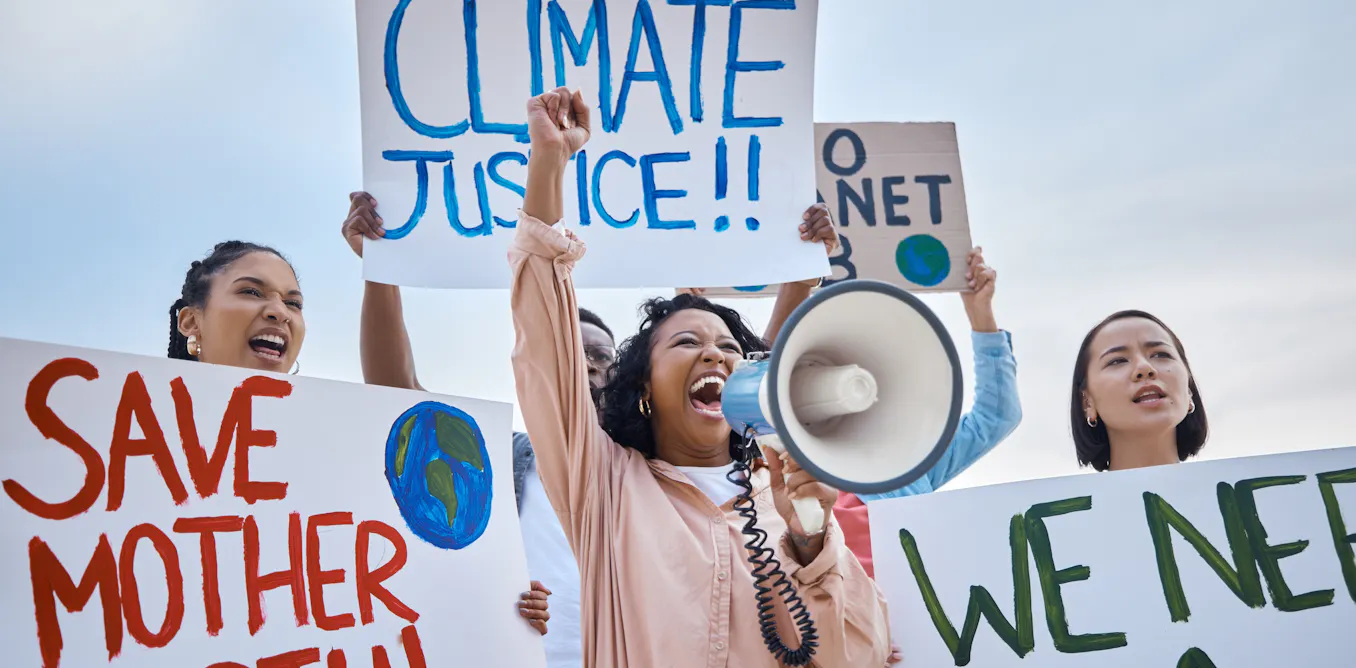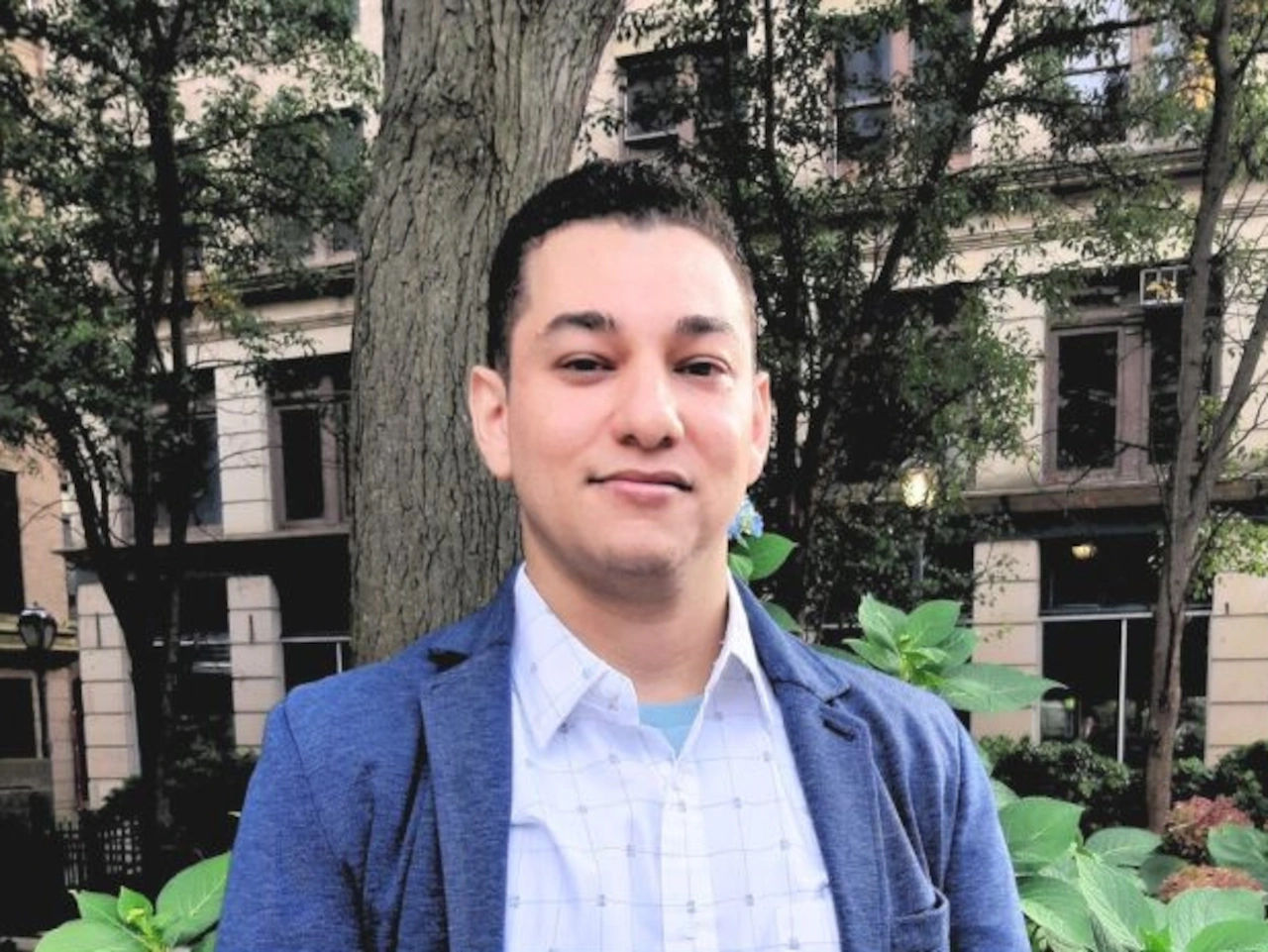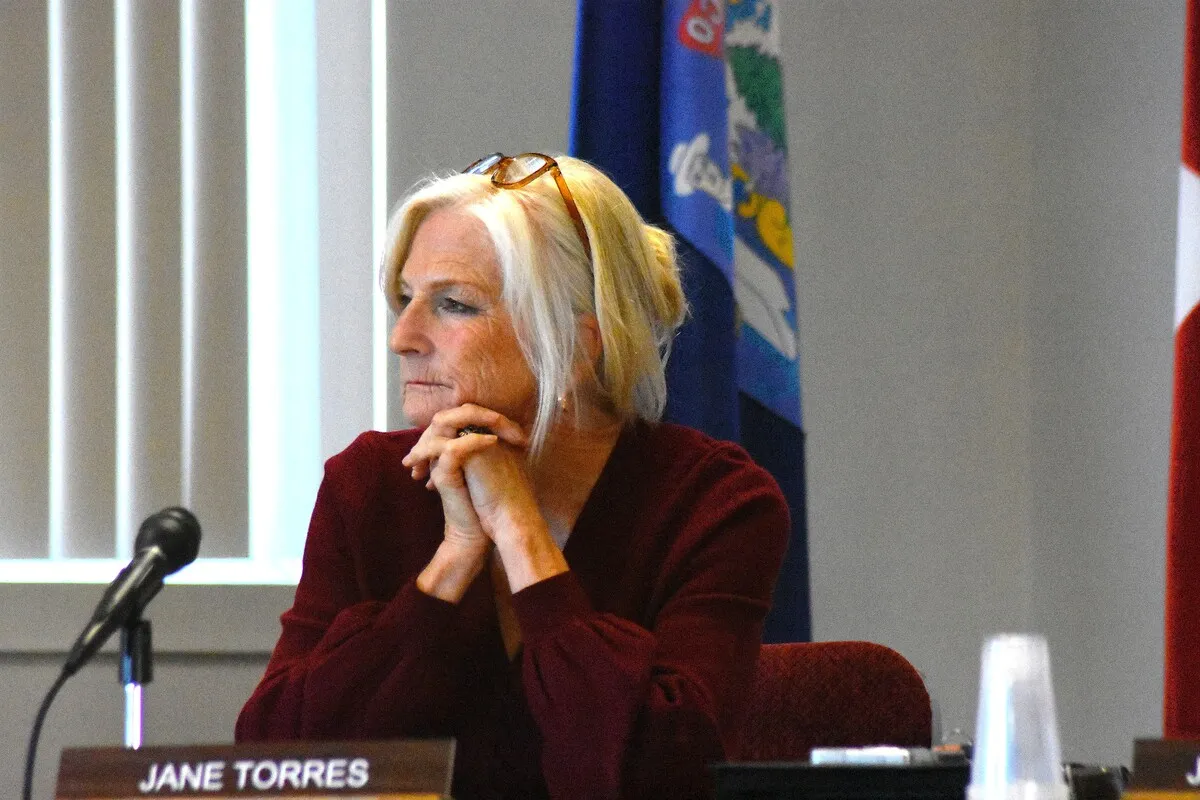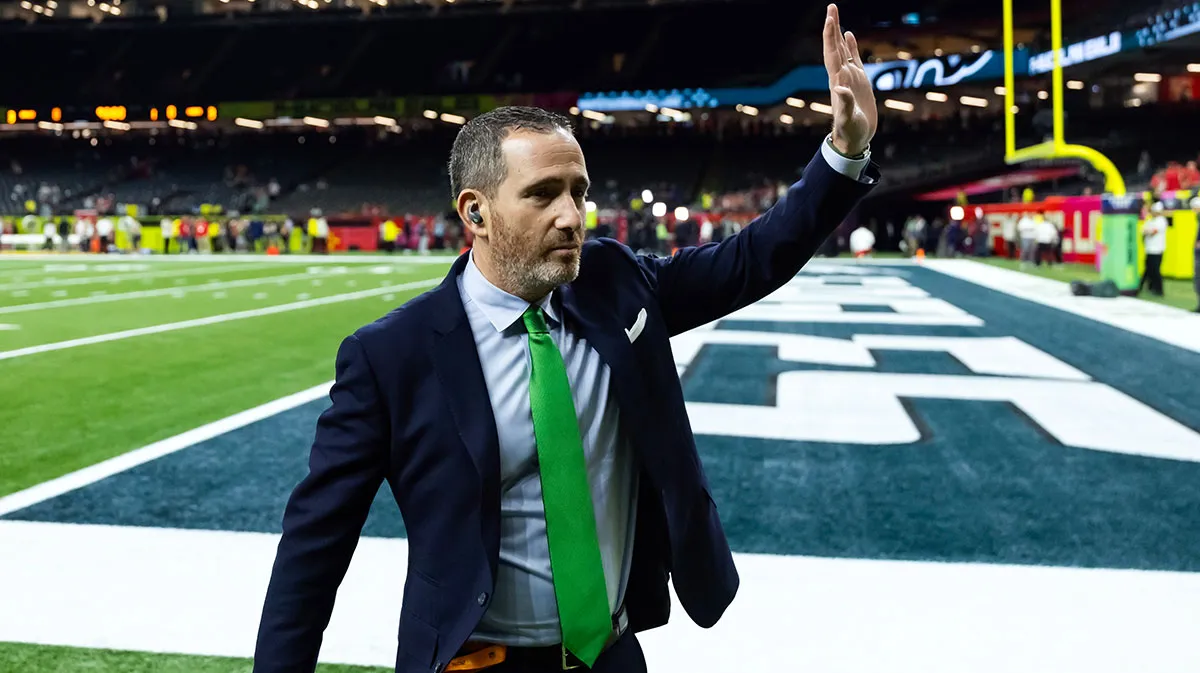Copyright theconversation

Global emissions need to peak this year to stay within 1.5°C of global temperature rise since pre-industrial levels. This means that starting now, countries need to emit less greenhouse gas. Emissions also need to be cut in half by 2030 to prevent the worst effects of climate change. For many nations, 1.5°C is a benchmark for survival. At that temperature, small island states in particular risk becoming uninhabitable due to rising sea levels, ecosystem loss, water insecurity, infrastructure damage and livelihood collapse. To safeguard their futures, Vanuatu and 17 other countries spent six years campaigning to get the highest court of the UN system, the International Court of Justice, to give its opinion on whether countries have specific legal obligations when it comes to climate change. This year, the court agreed that they do, and the obligations are stringent, meaning that states are required to use all available means to prevent significant harm to the climate system. Because the court’s advisory opinion is an articulation of existing law and legal obligations (rather than a binding legal decision in itself), it has to be given legal effect through national legislation, climate-related litigation, international treaties and conventions. In other words, it has to be kept alive. My research identifies how to keep the advisory opinion alive via a few avenues to hold countries to account for failing to protect the climate system. Cop30, the UN climate summit taking place in Brazil this November, is the first opportunity to hold countries accountable for collectively failing to reach stay within the 1.5°C limit with their 2025 national pledges. In my recent paper, I outline which countries are upholding their climate change obligations and which are not, and what can be done about it. Time is running out but climate diplomacy can be slow. Under the Paris agreement, the legally binding international treaty on climate change agreed in 2015, countries agreed to limit global warming to well below 2°C and to pursue efforts to limit the temperature increase to 1.5°C. Since then, many countries have pushed at every annual UN climate summit for the 1.5°C goal to be the maximum temperature increase. After years of negotiation, the International Court of Justice clarified that 1.5°C is unequivocally the legal target of the Paris Agreement. This hinges on the fact that the Paris agreement uses a science-based approach, so decisions are made according to the best available science of the day. Currently, that science indicates that a warming of 2°C would be catastrophic. Nationally determined contributions (NDCs) are plans created by each country outlining how they will reduce their emissions (in order to collectively meet the Paris agreement’s temperature goal) and adapt to climate change. The court ruling made it clear that countries not only are obliged to submit NDCs, but these NDCs also need to represent a country’s highest possible ambition. The court also clarified that all NDCs need to, by law, add up to enough emissions reductions globally to meet the 1.5°C. This can be used to lobby for more ambitious pledges among countries that claim to support the interests of the most vulnerable states. Every country must update its NDC every five years. Each one needs to be more ambitious than the last. The past round of NDCs was insufficient. Even if fully implemented, they would only limit global warming to a 2.6°C increase. This year, after extending the deadline for NDC submission, only about 30% of countries submitted a new NDC. That covers less than one-third of global emissions. I found that out of ten countries that are friends of small island states, only one – the UK – submitted a new NDC that is in line with 1.5°C. Four of these countries – Australia, Canada, Japan and New Zealand – submitted new NDCs which are not on track to meet the temperature goal. Three did not submit a new NDC at all – China, India and the EU – despite having made high-level political statements. Read more: Only 15 countries have met the latest Paris agreement deadline. Is any nation serious about tackling climate change? Seven of these friends of small island states (and the EU) are required to provide climate finance to developing countries under the Paris agreement. All of these spend more public money on the fossil fuel industry than on climate mitigation and adaptation finance internationally. According to the international court, fossil fuel subsidies may constitute an internationally wrongful act, in breach of the obligation to protection the climate system from significant harm. In 2022, the UK spent almost 14 times more on fossil fuel subsidies than on international climate finance. Australia spent over six times as much. France and New Zealand spent over twice as much. Japan spent almost twice as much. Removing fossil fuel subsidies would free up much needed fiscal resources to target those most in need, especially given the urgency of the situation. Other legal avenues Beyond Cop30, other legal avenues exist. The first strategic decision is whether to bring a case before domestic or international courts. For example, in Canada, two houses of the Wet'suwet'en First Nation took the government to court for failing to meet its international commitments to reduce emissions, citing the International Court of Justice. Internationally, a highly polluting country can be brought before international legal courts by another country. In 2019, the Gambia sued Myanmar for genocide due to the universal legal nature of the obligation to prevent genocide. Similarly, one country can sue another on climate-related legal grounds. As the window to stay within 1.5°C closes, Cop30 and the courts must become twin areas of action, where creativity, strategy and the law converge to make climate justice enforceable, not aspirational. Concrete diplomatic gains in Belém could include a suite of ambitious NDCs, operational guidance to launch the fund for responding to loss and damage, plus bold climate finance commitments, but the work cannot end in the negotiation halls. It must continue beyond Cop30 to turn pledges into action. Don’t have time to read about climate change as much as you’d like? Get a weekly roundup in your inbox instead. Every Wednesday, The Conversation’s environment editor writes Imagine, a short email that goes a little deeper into just one climate issue. Join the 45,000+ readers who’ve subscribed so far.



